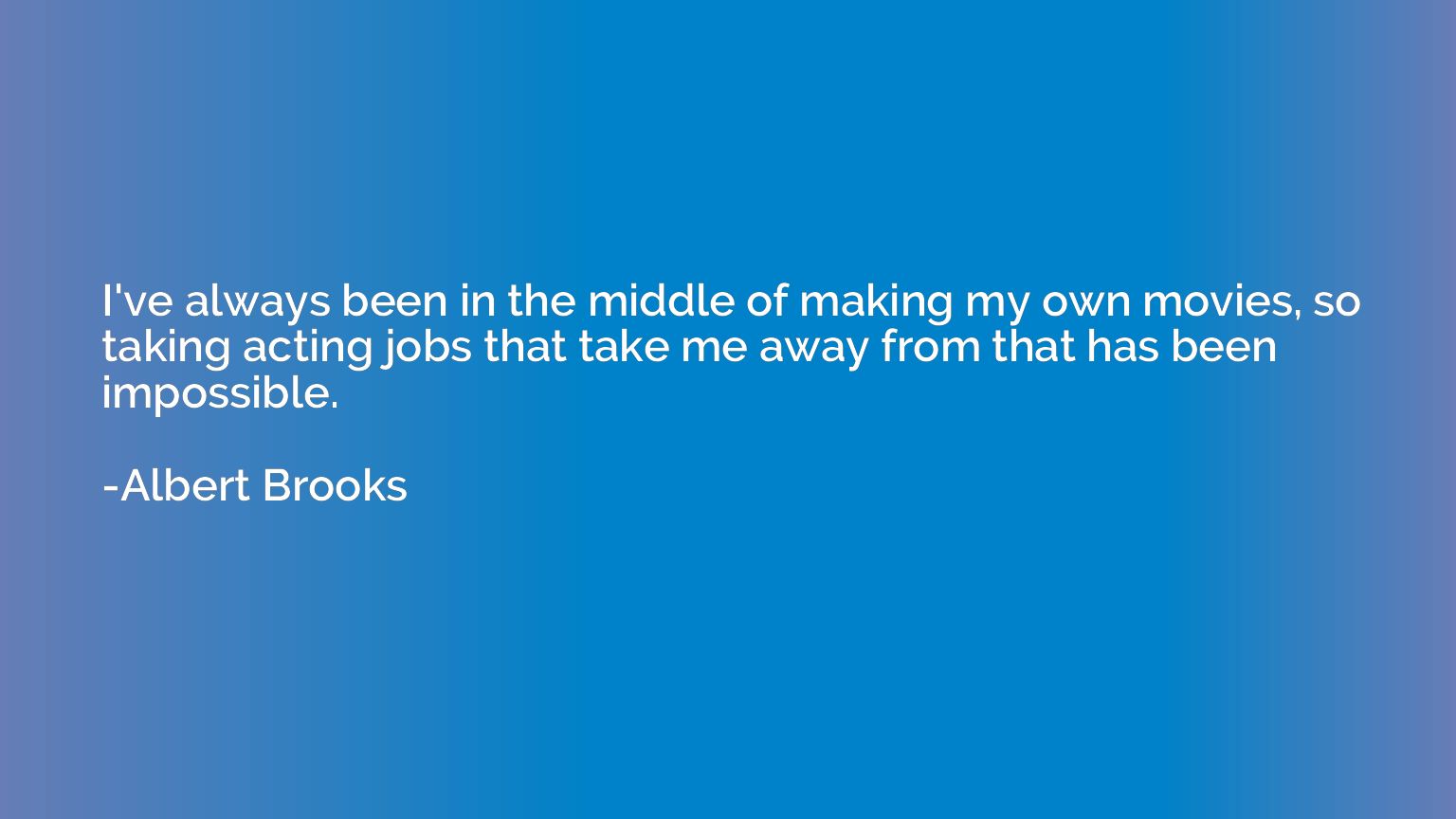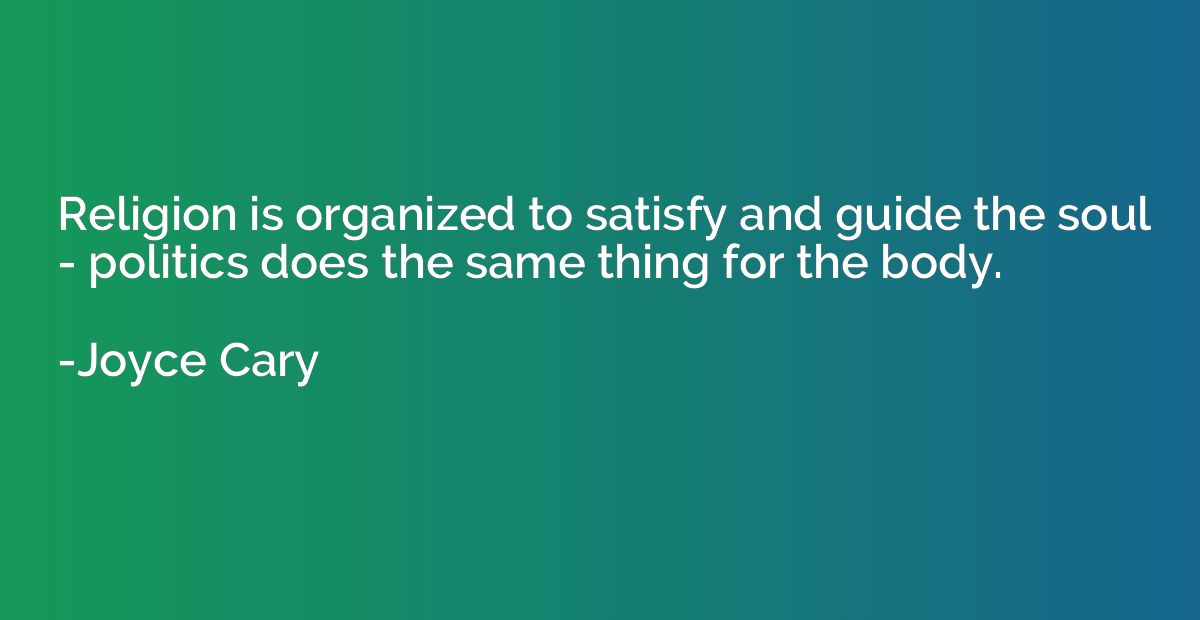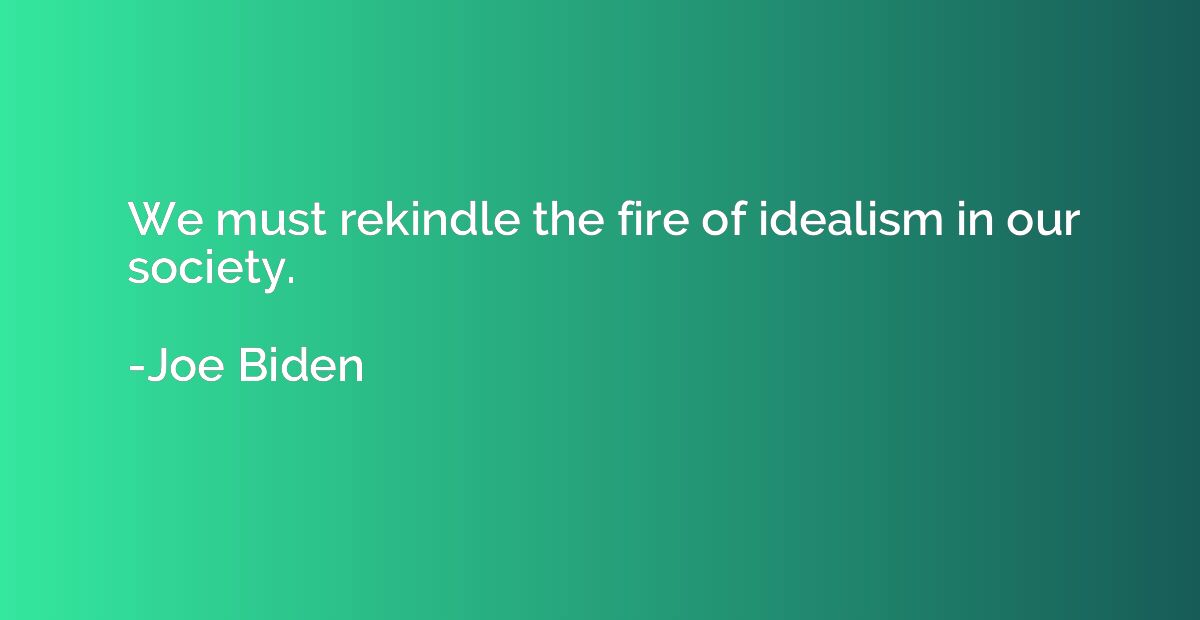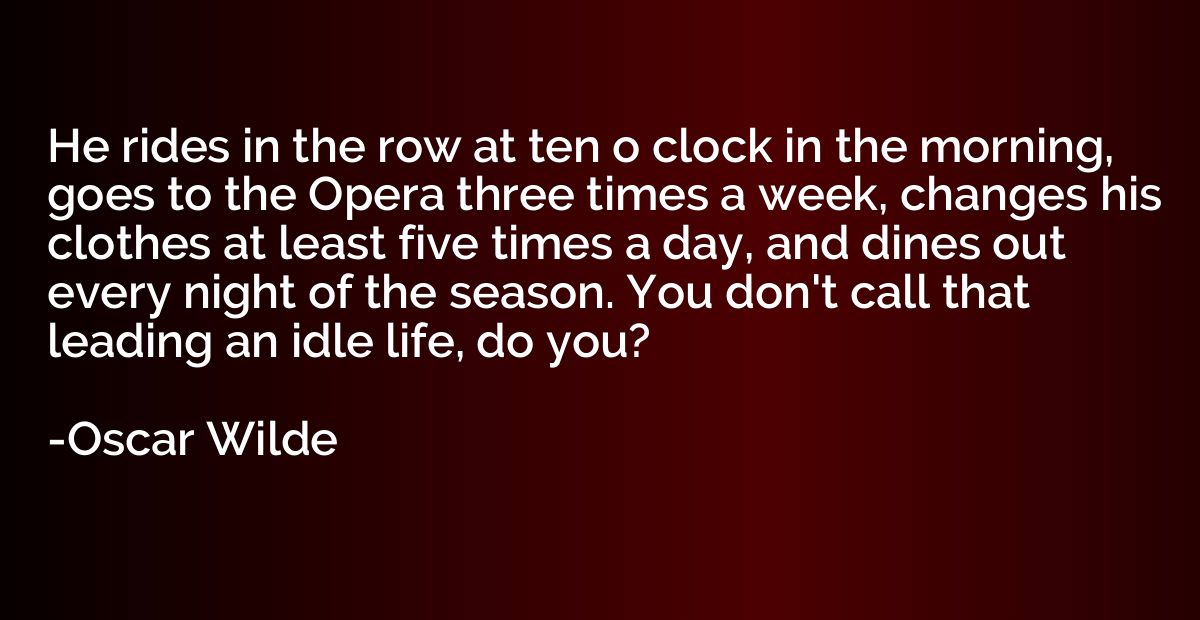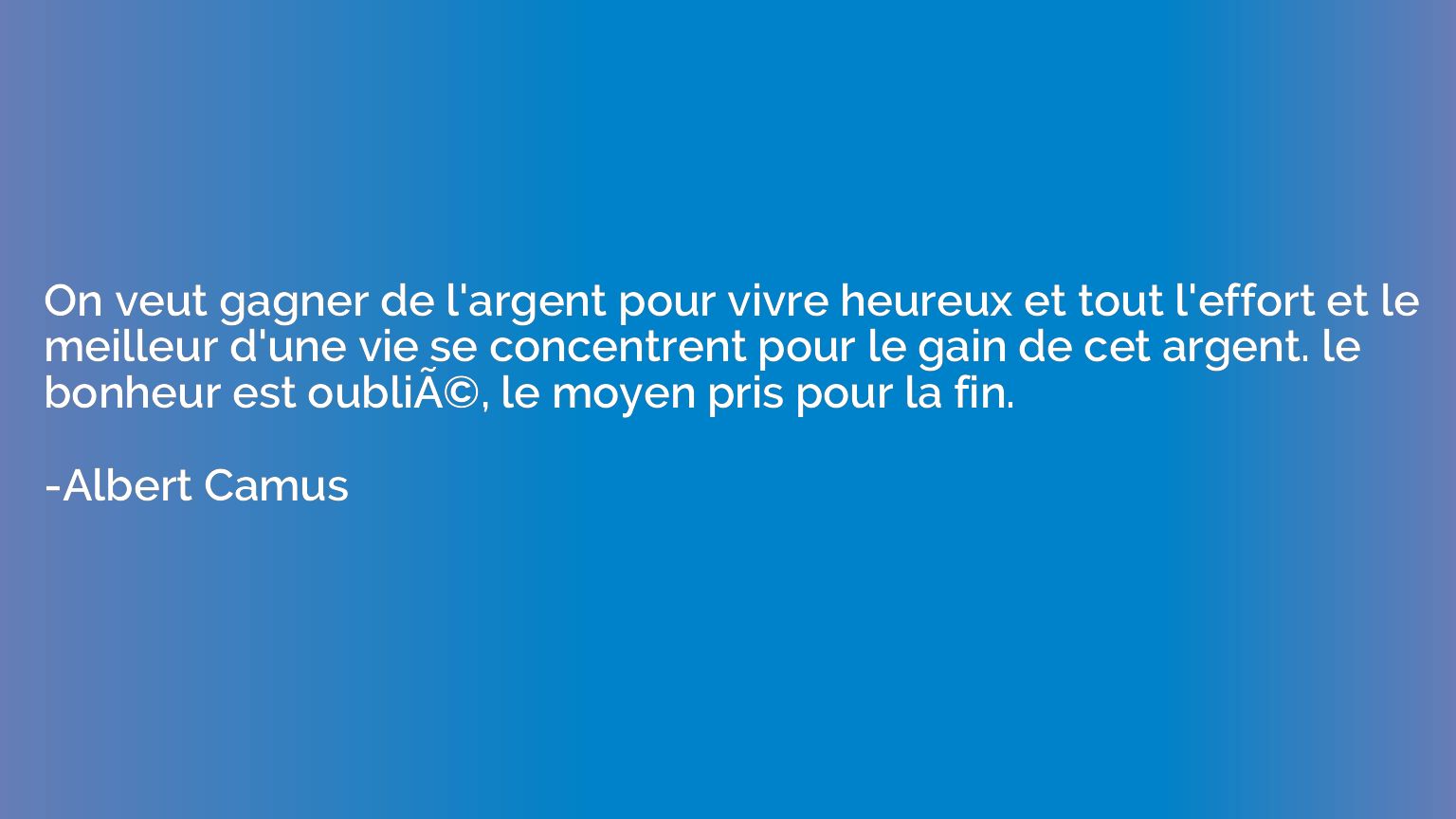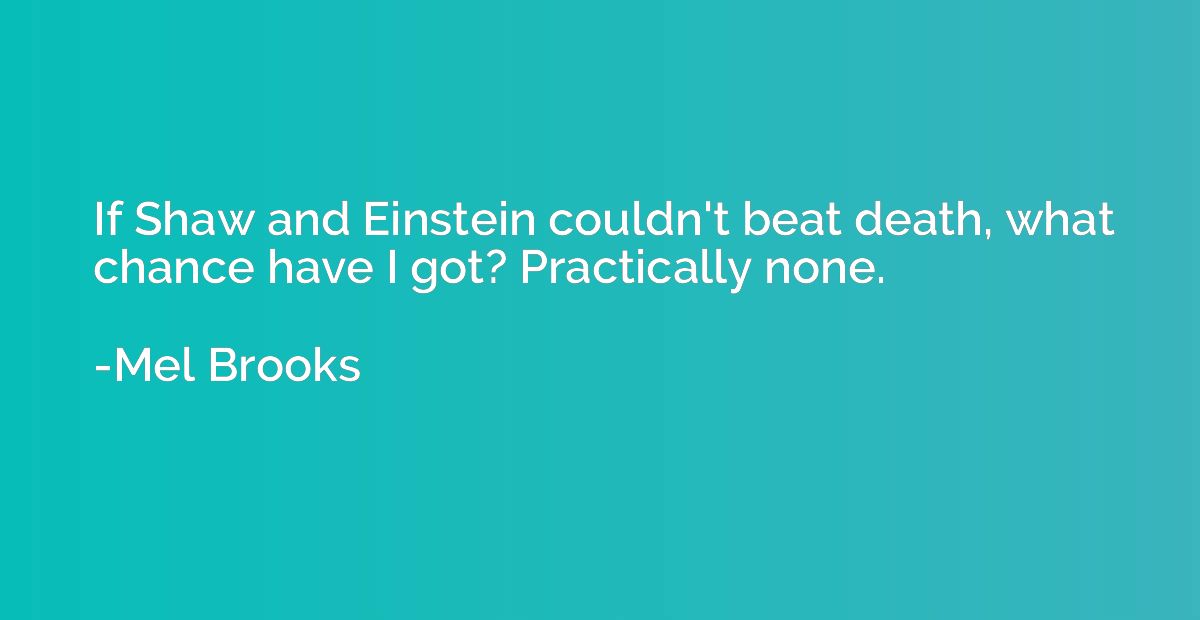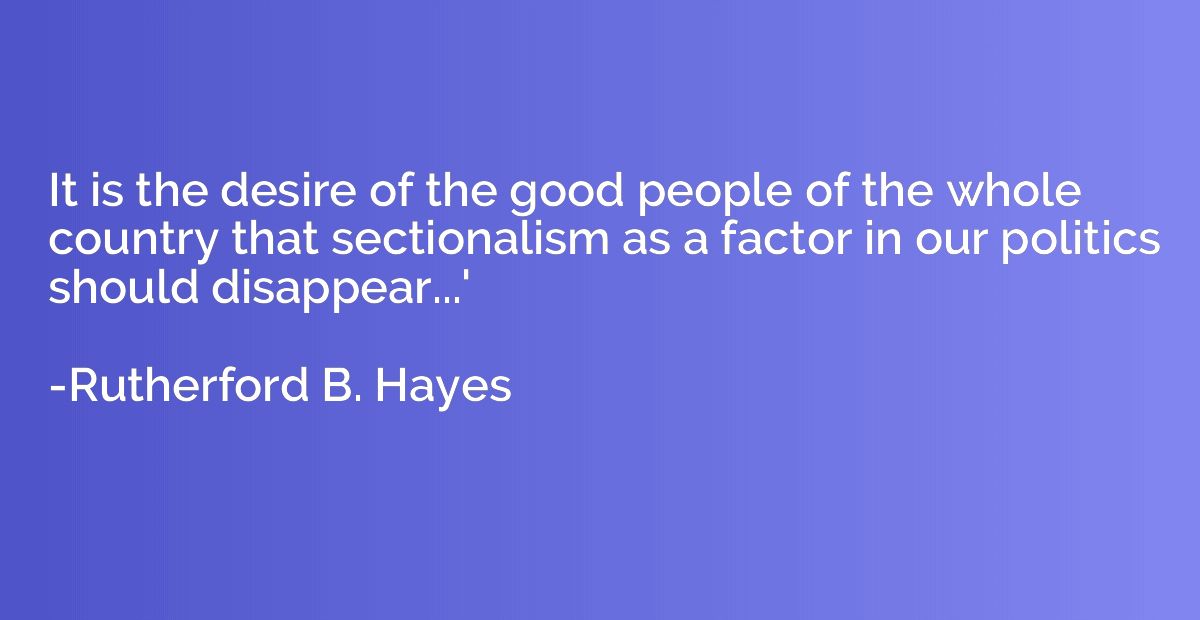Quote by Virginia Woolf
Anyone moderately familiar with the rigours of composition will not need to be told the story in detail; how he wrote and it seemed good; read and it seemed vile; corrected and tore up; cut out; put in; was in ecstasy; in despair; had his good nights and bad mornings; snatched at ideas and lost them; saw his book plain before him and it vanished; acted people's parts as he ate; mouthed them as he walked; now cried; now laughed; vacillated between this style and that; now preferred the heroic and pompous; next the plain and simple; now the vales of Tempe; then the fields of Kent or Cornwall; and could not decide whether he was the divinest genius or the greatest fool in the world.
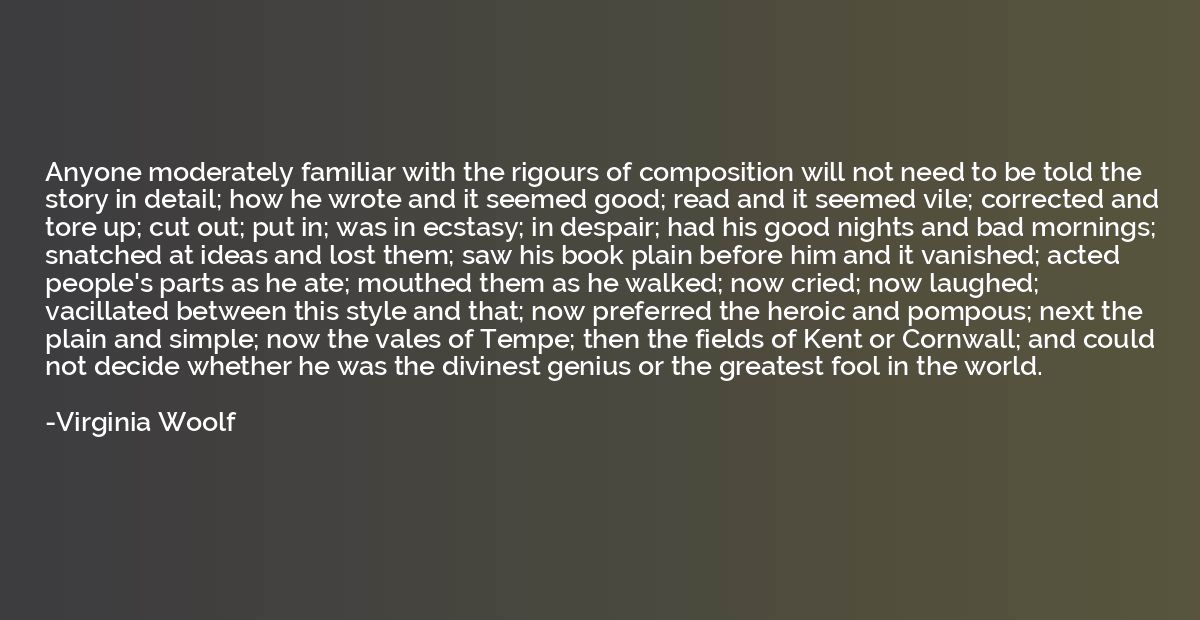
Summary
This quote captures the tumultuous and uncertain process of writing. It suggests that anyone familiar with the challenges of composing a piece of work would understand the erratic and ever-changing nature of the creative process. The quote vividly describes the writer's experience of alternating between moments of inspiration and moments of doubt, continuously editing and modifying their work. It also exposes the writer's struggle with self-doubt, constantly questioning their own abilities and wavering between feelings of greatness and foolishness. Overall, the quote highlights the complex and emotional journey that a writer goes through to create something meaningful.





